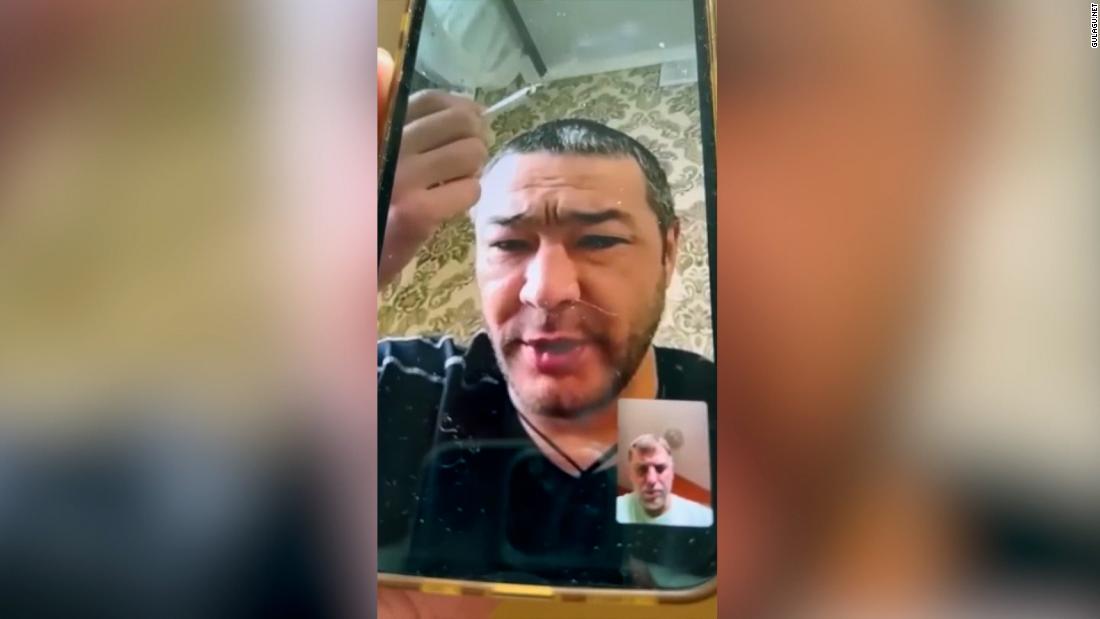A group of Republican-led states have asked a U.S. appeals court to reject a $62 million consumer privacy settlement with Google, citing large amounts of money awards going to class members' lawyers and advocacy groups.
Iowa Attorney General Brenna Bird (R) led the group of 20 state attorneys general in arguing to the 9th Circuit Court of Appeals that the settlement "replaces money that could go toward making class members whole with awards to controversial political organizations."
The effort comes after a federal court judge in California approved the $62 million settlement last May. The settlement was reached as part of a data privacy class action stemming from Google's tracking and storing of location data for 247.7 million U.S. mobile users who disabled their "location history" on their phones.
Following the May decision, a group of class members appealed the settlement approval to the 9th Circuit over its lack of effort to distribute funds to the class.
The bulk of the settlement funds are expected to go toward third-party groups, which the attorneys general argued do not have a "substantial" tie to the class members.
"Instead, their efforts focus on environmental justice, abortion, and controversial positions on sex and sexuality," the AGs' friend-of-the-court brief stated. "Not only are those causes wholly unrelated to the class's data privacy claim, but many class members actively oppose them."
Bird, in a press release about the Wednesday filing, took specific aim at the American Civil Liberties Union (ACLU), one of the 21 recipient organizations slated to be paid in the settlement. Other recipients include the Free Press and The Information Society Project at Yale.
"Of the $62 million, $42.6 million will be sent to left-wing activist groups that have nothing to do with Google, including the ACLU," Bird wrote. "The ACLU has already made it clear that it will use its resources to fund advocacy and lawsuits relating to abortion and LGBTQ issues. The remaining money goes to the attorneys. Zero dollars from the settlement will go to the Americans who have been harmed."
The Hill has reached out to the ACLU for comment.
A spokesperson for Google, in a comment shared with The Hill, maintained that sending funding to nonpartisan organizations is typical when direct payments to the individuals are "not feasible."
"The organizations were selected by the parties because they have a strong commitment to promoting online privacy. The Attorneys General were told and given the chance to object at the time and none of them did," Google spokesperson José Castañeda wrote.
Other states behind this week's filing include Alabama, Alaska, Arkansas, Florida, Georgia, Idaho, Indiana, Louisiana, Montana, Nebraska, North Dakota, Ohio, Oklahoma, South Carolina, South Dakota, Tennessee, Utah, Virginia and West Virginia.















 English (US) ·
English (US) ·